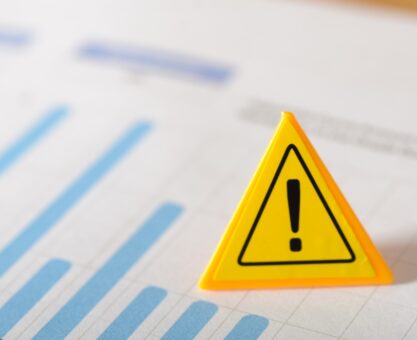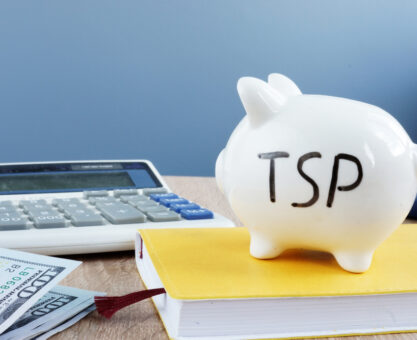Putting aside a cash reserve in an easily accessible account goes a long way toward making sure you won’t run out of money in retirement. If you have to tap into your Thrift Savings Plan (TSP) to cover unexpected emergencies, you’re putting your retirement in financial jeopardy.
What’s The Worst That Can Happen?
Ever have one of those years when everything seemed to break down and needed to be replaced? A year when your car, refrigerator, washer and dryer stopped working within months of each other. Of course, unexpected emergencies are part of life.
When you’re retired, how will you cover the cost of unexpected emergencies when you’re living on a fixed income? Without a cash reserve, you’ll have to withdraw several thousand dollars from your traditional TSP. Then you’ll owe income taxes on the withdrawal while losing investments.
“When you’re retired you may want to save even more for age-related emergency expenses.”
How Much Do You Need To Save For Emergencies?
During your working years, the standard advice is to save enough to cover three to six months of living expenses. When you’re retired you may want to save even more for age-related emergency expenses. For example: an unexpected surgery with a hefty deductible or adding a ramp to your home to accommodate a wheel chair. Even worse, the loss of Social Security income when a spouse passes away.
Start Eliminating Unnecessary Expenses
Cutting out pricey gourmet coffee and take-out food can enable you to put aside a couple hundred dollars per month in a regular savings account. This can add up to more than $2,000 per year for as many years between now and when you retire. If you make deeper cuts like cancelling apps and subscriptions or shopping for a cheaper cell phone plan, you can save even more.
Build Your Cash Reserve With Direct Deposits
Setting up automatic direct deposits is a painless way to save in an emergency fund without having to deposit cash at the bank. It also gives you the ability to easily increase deposits when you get a raise. Even after you retire, you can continue to use direct deposits to make sure you have a healthy cash reserve.
Divert Money From That College Fund To Your Cash Reserve
When you think about it, your kids and grandkids can take out student loans to pay for college, but there’s no such thing as a retirement loan. Building a cash reserve for your golden years means you won’t have to be financially-dependent on family members when emergencies arise.


























